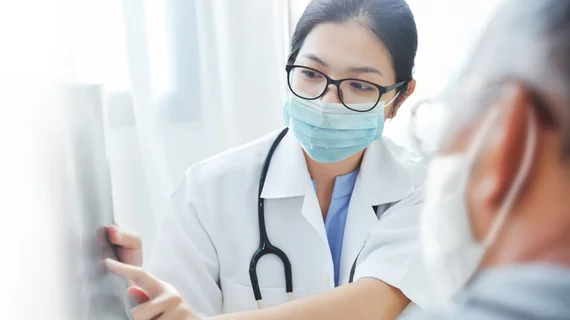HHS launches $1M competition for primary care innovation
The Department of Health and Human Services (HHS) announced a competition to find new innovations in patient access to primary care––with a total of $1 million in prizes attached.
The competition, the Building Bridges to Better Health: A Primary Health Care Challenge, asks entrants to develop low-cost, scalable solutions to help HRSA-supported community health centers improve patient access to primary care and strengthen the link between healthcare and social services. HRSA’s Health Center Program funds approximately 1,400 health centers in communities across the U.S. These centers provide high quality, comprehensive primary and preventive healthcare for underserved individuals and families, including those experiencing homelessness, agricultural workers, and residents of public housing
The competition follows other HHS actions to find new solutions and cultivate innovation. The Biden-Harris administration released an overview of the Federal Social Determinants of Health Strategy and Action Plan earlier this year, which outlines a whole-of-government, multi-sector strategy that advances health and addresses social determinants of health (SDOH). SDOH, such as food security, transportation, housing and more, can have a profound impact on health outcomes and contribute to health disparities.
“It takes all of us working together to find innovative solutions that can help improve the conditions that affect people’s health and well-being,” HHS Secretary Xavier Becerra said in a statement. “At HHS, we are committed to addressing health disparities and breaking down barriers to care. Earlier this spring we launched our whole-of-government strategy to address social determinants of health, and now we look forward to partnering with innovators across the country to implement the best and brightest ideas to make healthcare more equitable for all.”
HRSA health centers are important providers to vulnerable people. Roughly 62% of health center patients are racial and ethnic minorities, according to HHS, and HRSA centers cared for 1 in 11 people in the U.S. in 2020, as well as 1 in 3 people in poverty, 1 in 6 people who are uninsured, and 1 in 5 residents in rural areas.
The competition is in collaboration with public partners, with the aim to improve health outcomes through better access across community-based primary care and critical community supports like transportation, food, and housing.
“With today’s announcement, we are asking innovators to join us in the work to improve health outcomes in historically underserved communities,” said HRSA Administrator Carole Johnson. “We look forward to the creative and novel ideas the community will bring to the table as we work together to improve health equity and increase access to healthcare and social services.”

